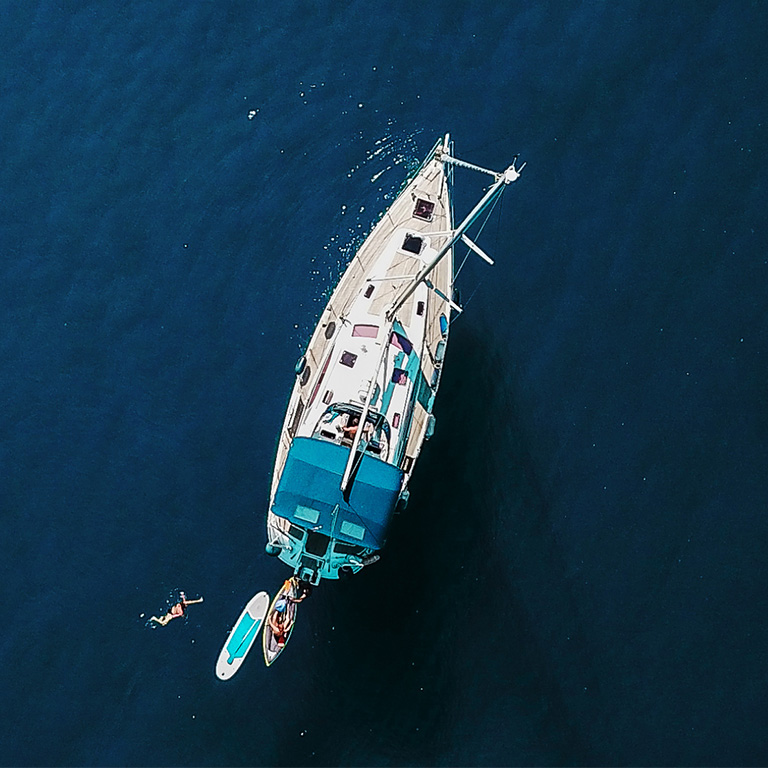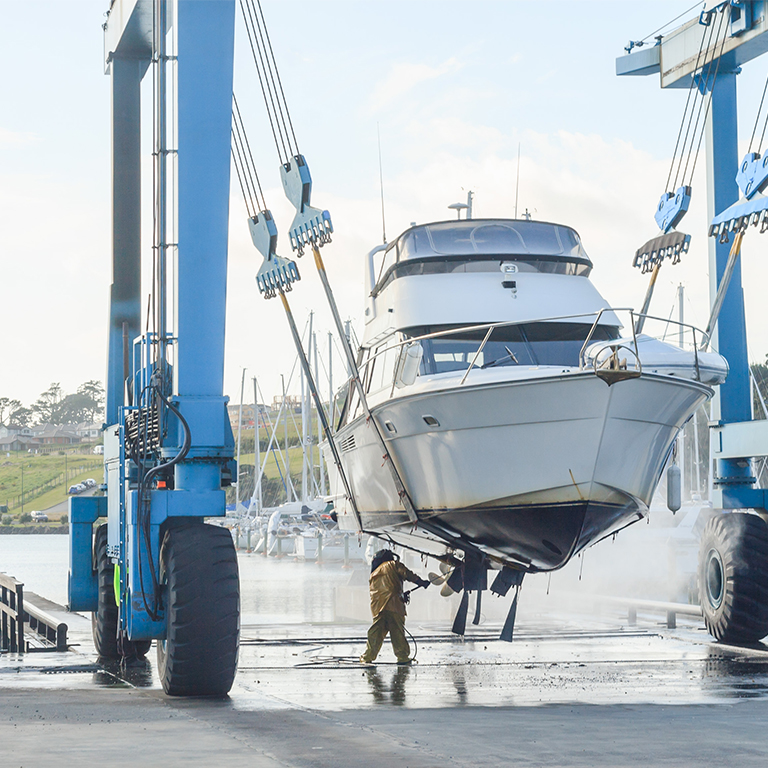Orcas, also known as killer whales, are highly intelligent and social marine mammals that generally do not pose a threat to humans or boats. However, following a spate of ramming and attacks by orcas that have reportedly damaged 25 yachts already this year,1 you may have concerns about potential encounters with orcas or other marine wildlife.
According to The Cruising Association, since 2020, there has been a new pattern of behaviour within a population of orcas that feeds on and follows the migration of tuna leaving the Mediterranean from the Strait of Gibraltar and heading West and North around the Iberian Peninsula. What started with a few identified young orcas bumping and ramming the hulls of small yachts and damaging rudders has expanded to other juveniles and adults.2
Here are some general safety tips to keep in mind while out on the water:
Maintain a safe distance
If you encounter orcas or any marine wildlife while boating, it's important to maintain a safe distance. Observe them from a distance without approaching too closely. In many places, there are regulations and guidelines that dictate the minimum distance you should keep from marine mammals.
Avoid feeding wildlife
Do not attempt to feed or interact with orcas or other marine animals. Feeding them can disrupt their natural behaviour and create potentially dangerous situations.
Minimise noise and disturbances
Loud noises, rapid movements, and disruptions can stress marine animals. Keep engine noise to a minimum and avoid sudden manoeuvres that could startle or disturb the animals.
Use caution in whale watching areas
If you're in an area known for whale watching, follow local guidelines and regulations. Many places have designated areas for observing marine wildlife where you should follow specific boating practices to minimise disturbances.
Stay informed
Stay updated about local marine life and any recent sightings of orcas or other animals in the area. Local authorities or marine conservation organisations may provide information about recent wildlife activity.
Educate passengers
If you have passengers on your boat, make sure they understand the importance of respecting marine wildlife and following safety guidelines.
Emergency communications
Have a working communication system on board to call for help in case of emergencies. This can be important not only for potential encounters with marine animals but also for other unforeseen situations.
If you do encounter orcas
The Institute for the Conservation of Nature and Forests says any boat visited by orcas should turn off its engines. The movement of propellers is believed to encourage the ‘curious behaviour of young orcas’.2
Additional safety measures include:
- Stop the boat and take down the sails.
- Switch off the autopilot and if the sea conditions are safe, leave the wheel loose.
- Contact the authorities
- Take your hands off the wheel and stay away from any part of the boat which could fall or turn sharply.
- Do not shout at or alarm the orca; do not throw things at them or try to touch them.
- Check that the rudder turns and works only after pressure or nudges to it have stopped.
Check your insurance
While most insurance companies offer protection against loss or damage resulting from an orca attack, it’s worth checking your insurance to ensure your policy covers for such events.
Remember, orcas are highly intelligent and curious creatures, and negative interactions with boats are rare. It's generally best to take a respectful and cautious approach when encountering any marine wildlife.
Visit our website to find out more about our marine insurance solutions. We'll discuss your travel plans and arrange insurance protection that meets your needs.
Get in touch with our friendly team today.
Sources
1. marineindustrynews.co.uk/orca-attack-boat-latest-figures
2. marineindustrynews.co.uk/second-boat-sinks-after-interaction-with-orcas


